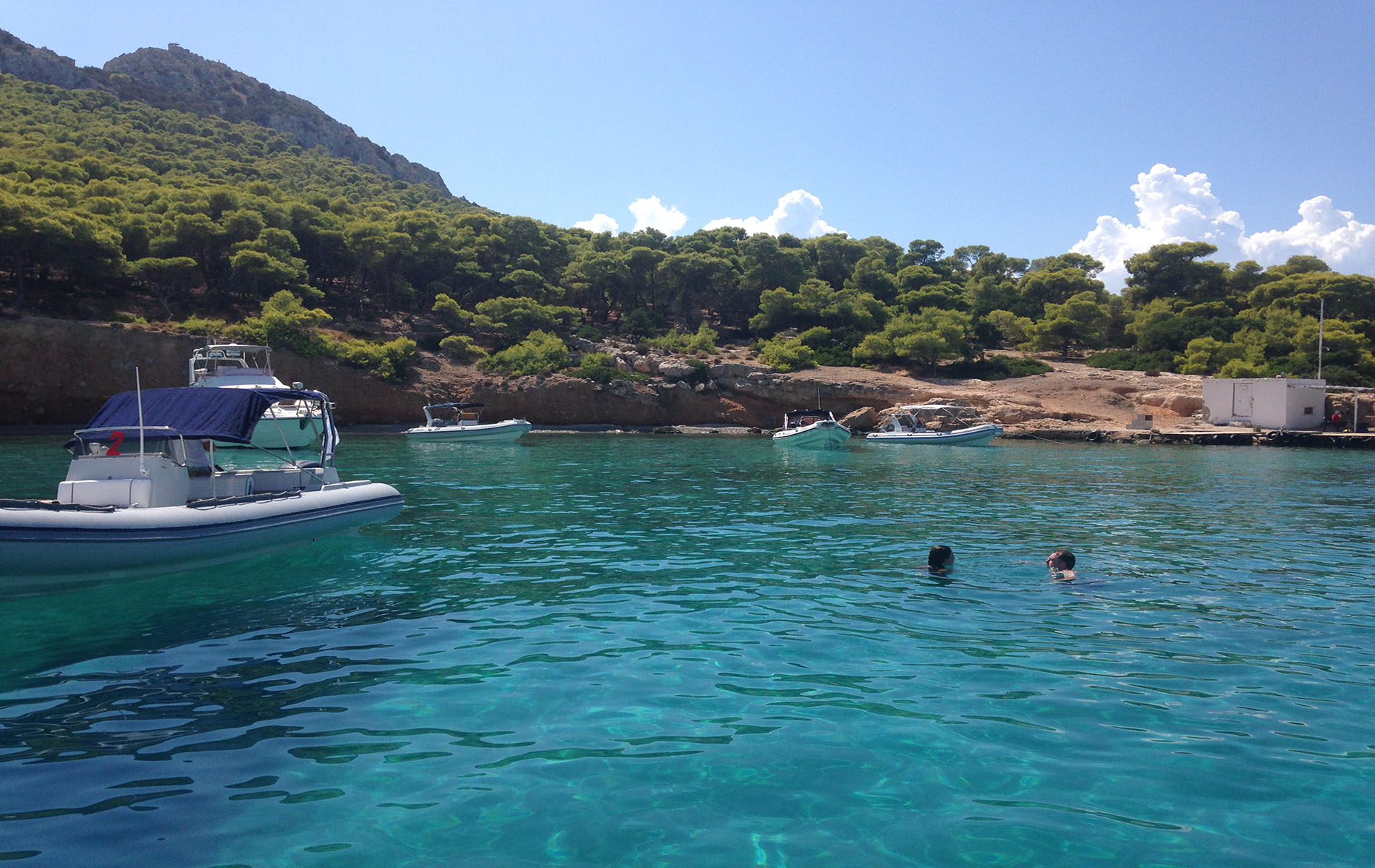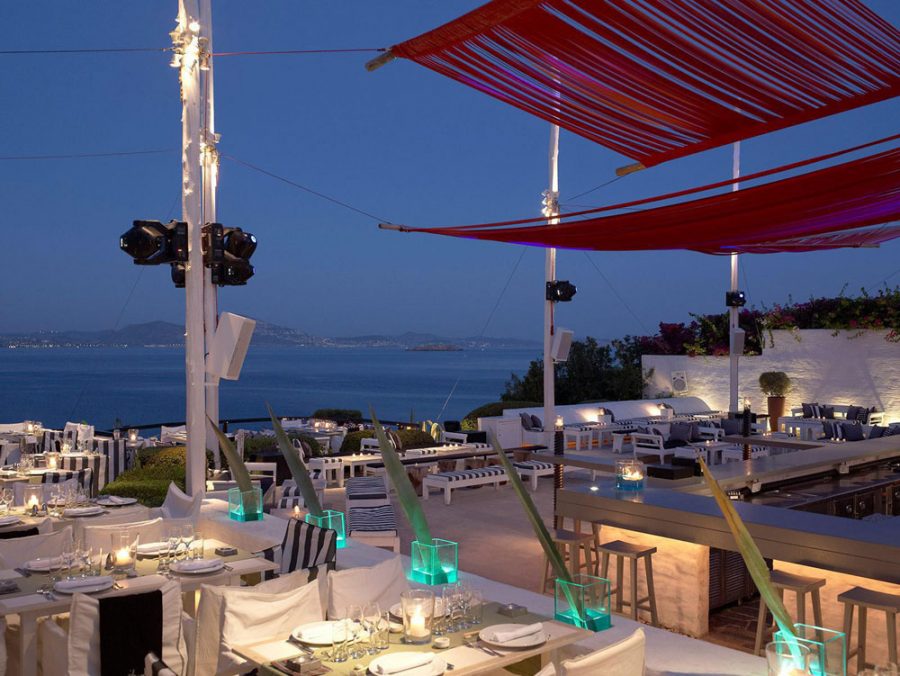

Meanwhile, competition from cheaper Mediterranean resorts is chipping away at Greece's allure for vacationing Europeans, who make up nine out of 10 visitors to the country. At the Acropolis Hotel in downtown Athens, Americans used to make up half the guests but now account for only about 15%, says owner Panos Choudalakis. "The international media falsely spread this image of Greece as a dangerous place," says Athens Mayor Dora Bakoyannis, praised for cleaning up Athens before the Games.Īmericans in particular were scared away after 2001. Even Barcelona, which has reaped a lasting tourism boost from the 1992 Games, initially experienced a drop in visitors.īut Greece also was hit by the strong euro and fears of terrorism. Countries hosting mega-events often lose visitors as prices rise. Hotels in Athens had to cut prices this year, after occupancy rates for January fell to 47.1%, down 8.8 percentage points from the year before and among the worst figures for any major European city, according to the Attica Hoteliers Union, an association of hotel owners in the Athens region.Ī decline in tourism to Greece was predictable, officials say. The $5.14 billion Egnatia highway streaking across northern Greece is a year behind schedule. Sales and profits for Greece's 13 construction businesses are expected to decline by 20% to 30% this year, says Tasos Kazakos, an analyst at EFG Eurobank, Athens. "Construction confidence has absolutely collapsed since the end of the Olympics," says Gwynn Hacche, an economist with HSBC Holdings PLC, London. Meanwhile, economic growth has slowed sharply, and cash for big digs has dried up. With former Soviet-bloc countries to rebuild, other EU countries want to cut Greece's annual $33.34 billion in aid by more than half for the 2007-2013 budget. Greece has raised sales taxes and promised to cut billions of euros to bring the country closer to the 3% limit the European Union imposes on countries using the euro.Īt the same time, Greece will be getting less money from Brussels. Greece's small size augments its problems: Extra Olympics spending pushed the country's 2004 budget deficit to over 6% of gross domestic product. Officials in London, one of five finalist cities vying for the 2012 Summer Games, say they are stressing cost control, with a total budget of $3.73 billion and only five new stadiums at a cost of $905.6 million. The International Olympics Committee now advises host cities of future Games to emphasize construction of temporary venues than can be dismantled easily.
Thessa s.a athens greece 2004 how to#
The government intended to convert the Olympic village into low-income housing, but politicians can't agree on how much to spend on refurbishing the neighborhood, how to manage the site or how to pick the residents. While the Karaiskaki soccer stadium and some other venues will keep drawing events, prospects are bleaker for places like the 5,191-seat Nikea weightlifting complex, which cost $59.1 million. Greece, meanwhile, is struggling to find new uses for many of its Olympics stadiums, built at a cost to the government of $3.85 billion. Montreal, which hosted the 1976 Summer Games, won't finish paying off its debt until next year: Its Olympic Stadium has been a financial sinkhole, with a malfunctioning domed roof that collapsed in 1999 under a load of snow, injuring five people setting up for an auto show. In the history of the Games, only two cities - Los Angeles in 1984 and Atlanta in 1996 - have earned a profit. To a degree, Greece's woes are no different than the headaches past Olympic cities have experienced.


"We'll be reaping the benefits for years to come" of spending on infrastructure, says Finance Minister Georgios Alogoskoufis. The government is trying to leverage Greece's enhanced visibility with an international ad campaign with the slogan "Live Your Myth in Greece" and opening tourism offices across the U.S. The Athens Games did bring some lasting benefits: Greece overcame traffic and terrorism worries Athens, once considered Europe's dirtiest city, has been transformed into a sparkling capital. "And I don't see how the government, the EU or the Olympics can make it better." "Life here is difficult," says Tasos Tzinos, 27, who earns about $975 a month working at a plastics plant. The pay isn't great for those who do find work. The unemployment rate for this province is running at 13.3% - 40.2% for people under 24 - compared with about 10.5% for Greece overall.


 0 kommentar(er)
0 kommentar(er)
